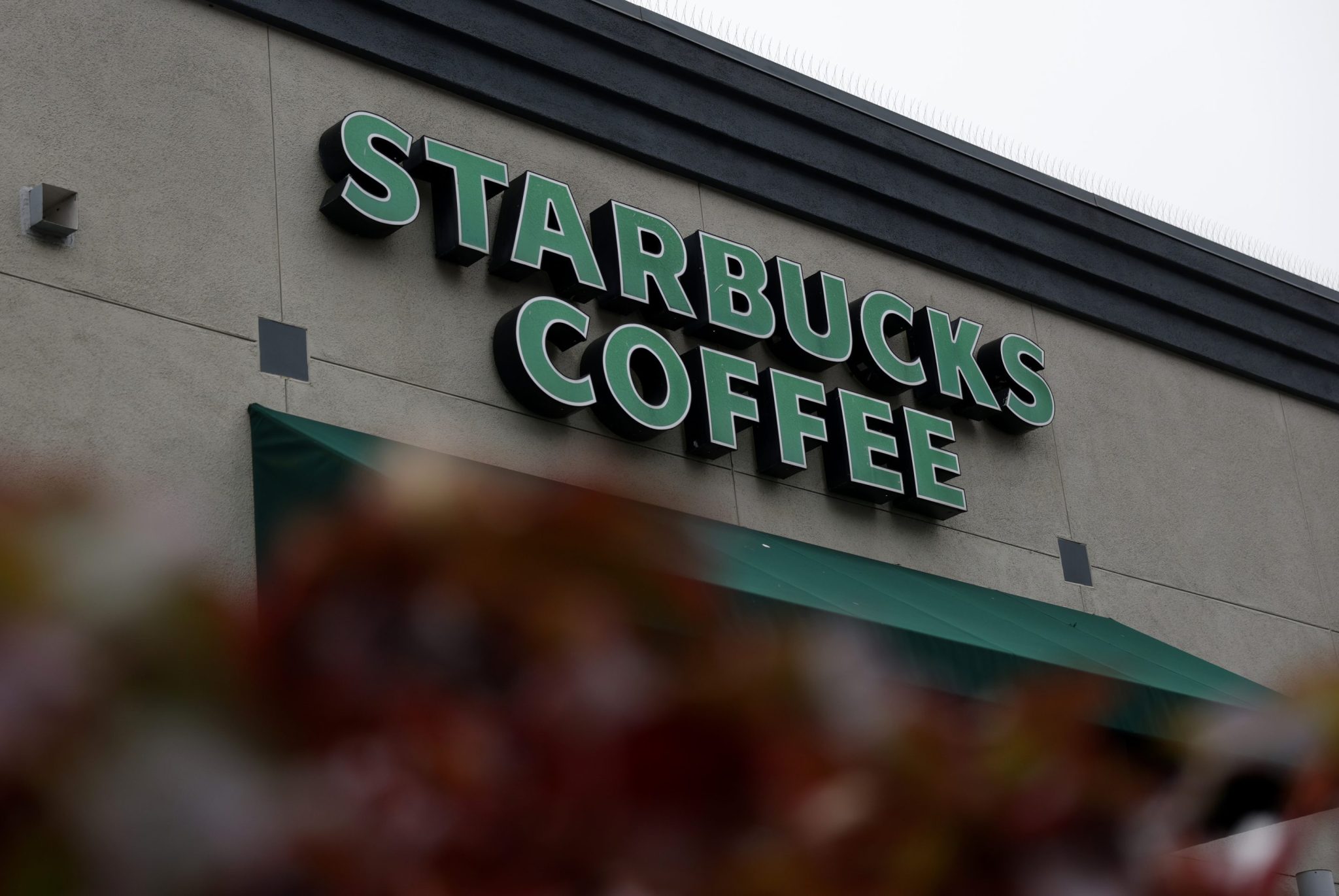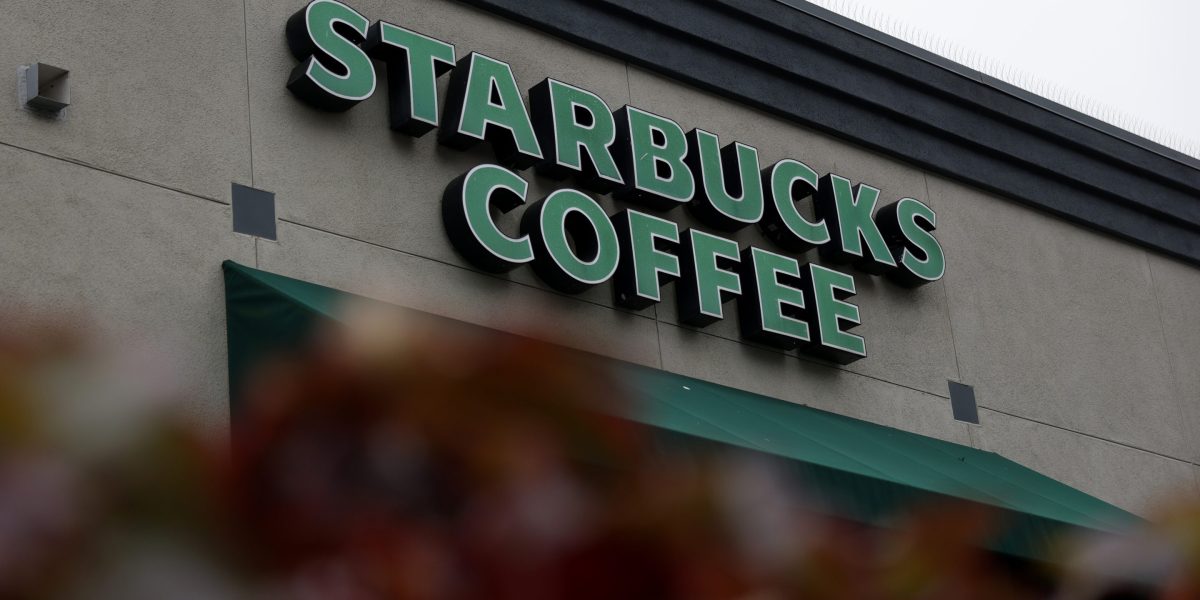
Good morning. As Starbucks tries to evoke nostalgia for its brand, the company is undergoing a major restructuring, including corporate layoffs and costly changes as part of its turnaround plan. This move highlights the importance for companies to stay focused on what customers love, or risk losing ground to competitors.
The Starbucks board approved a $1 billion restructuring plan this week that will close underperforming coffeehouses and reshape its corporate support organization under the “Back to Starbucks” strategy, according to an SEC filing. About 90% of these expenses will come from its North American business, and most costs will hit in fiscal 2025.
The plan includes closing at least 100 North American cafes and remodeling over 1,000 locations. Starbucks expects its company-operated store count in North America to decline by about 1%, according to a letter from CEO Brian Niccol to employees on Sept. 25. The company had 18,734 stores as of June 29.
Starbucks will eliminate about 900 non-retail partner roles and many open positions. Affected employees will be notified on Sept. 26 and offered severance and support packages, including extended benefits.
The company’s goal is to put resources “closest to the customer so we can create great coffeehouses, offer world-class customer service, and grow the business,” Niccol wrote. Starbucks is pivoting from mobile-only “pickup” stores, which it thought would appeal to customers, especially younger generations. There’s now an effort to recreate a “third place”—a location between home and work to spend time, which once fueled Starbucks’ popularity.
‘A leaner corporate structure’
The Fortune 500 company (No. 126) has experienced six consecutive quarters of declining same-store sales, which is a measure of performance at individual locations. Starbucks’ market share among Gen Z has slipped from 67% to 61% over the past two years, marking four consecutive quarters of declines, according to Consumer Edge, Fortune reported.
Morningstar equity analyst Dan Su told me that Starbucks is prioritizing investments in stores to revive growth and strengthen its long-term competitive position, funding these changes with cuts to corporate roles. “A leaner corporate structure may make decision-making more efficient during the turnaround,” he said.
Robert Kelley, professor of management at Carnegie Mellon’s Tepper School of Business, said successful turnarounds must make strategic and financial sense to customers, employees, shareholders, and other stakeholders. “The CEO and CFO need to convince all these groups that their plan will work,” he added, stressing transparency.
This is Starbucks’ second round of corporate layoffs in less than a year. Kelley explained that non-retail layoffs are common and the retail side is the “critical path,” referring to his 2021 book, “The Critical Path Manifesto.” The retail side is where you serve your customers, therefore leading to revenues and cash flow, he said. “Many corporate jobs are cost centers, not revenue producers.”
Brian Niccol became CEO in September 2024 after leading Chipotle. Cathy Smith joined as CFO in March, bringing turnaround experience from Walmart, Nordstrom, and Target. Smith helped Target and Nordstrom recapture what customers loved about their brands during critical periods.
“All brands drift over time, and I have pattern recognition,” Smith told Fortune in April. “I’ve seen this with a number of brands, and the great ones recapture what made them great,” she said.
Su noted that Smith has said she’d use zero-based budgeting to evaluate costs and boost margins. “I expect Smith to focus on labor productivity in stores, and efficiencies in corporate spending.”
Reviving Starbucks’ coffee culture may depend on it.
Have a good weekend. See you on Monday.
Sheryl Estrada
[email protected]
Leaderboard
Some notable moves this week:
Christy Schwartz was appointed interim CFO of Opendoor Technologies Inc. (Nasdaq: OPEN), effective as of Sept. 30, replacing Selim Freiha, the company’s CFO, according to an SEC filing. Schwartz served as the company’s interim CFO from December 2022 to November 2024, and its chief accounting officer from March 2021 to May 2025. Before that, she served as Opendoor’s VP, corporate controller from August 2016 to March 2021.
Bonnie Boyer was appointed CFO of Guident Corp., an autonomous vehicle teleoperation, effective immediately. Boyer brings over 15 years of financial leadership experience. Most recently, she served as chief accounting officer at Sagent M&C, a SaaS provider in the mortgage technology sector.
Cornelis (Carlo) Broos was promoted to CFO of Cibus, Inc. (Nasdaq: CBUS), a biotechnology company, according to an SEC filing. Broos has served as interim CFO of Cibus since October 2024 and previously held the position of SVP of finance. He joined Cibus in 2011. Before joining the company, Broos held finance leadership positions at Syngenta Europe Africa Middle East, Syngenta Netherlands and Belgium, Advanta, and Deloitte Netherlands.
David Croxville was appointed CFO of C1, a technology solutions and services company. Croxville brings more than 30 years of experience. Most recently, he served as EVP and CFO of NTT DATA Services in the Americas, where he led finance, procurement, real estate, and IT across 44 countries, and completed more than 10 acquisitions, including Dell Services.
Brett Summerer was appointed CFO of Accel Entertainment, Inc. (NYSE: ACEL), a gaming operator, effective Sept. 22. Summerer succeeds Mark Phelan, who has served as acting CFO in addition to his ongoing role as president, U.S. Gaming. His prior leadership roles at Kraft Heinz, Corning, and General Motors included managing global P&Ls and leading strategic initiatives. Most recently, Summerer served as CFO of Verano Holdings.
Josh Greear was appointed CFO of Authority Brands, a multi-brand franchisor in the home services sector. Greear has more than 25 years of experience in franchising, financial leadership, and business strategy. He most recently served as CFO at Primrose Schools, a national early education and care franchise. Before that, Greear held senior leadership roles, including VP of strategy and business development at Cracker Barrel.
Big Deal
Indeed’s “AI at Work Report 2025” finds that generative AI (GenAI) is transforming job skills rather than replacing jobs entirely. The report suggests GenAI will primarily augment human work, allowing focus on higher-level tasks, with technology skills being most susceptible to transformation while physical and human-centric roles remain less affected.
Going deeper
Overheard
“I would make something with AI that that team is probably not using or doing. I would send it to everybody on that team and I’d say, ‘look, I built this for you, and I doubt you have this, and if you hire me, I will build more of it.’”















